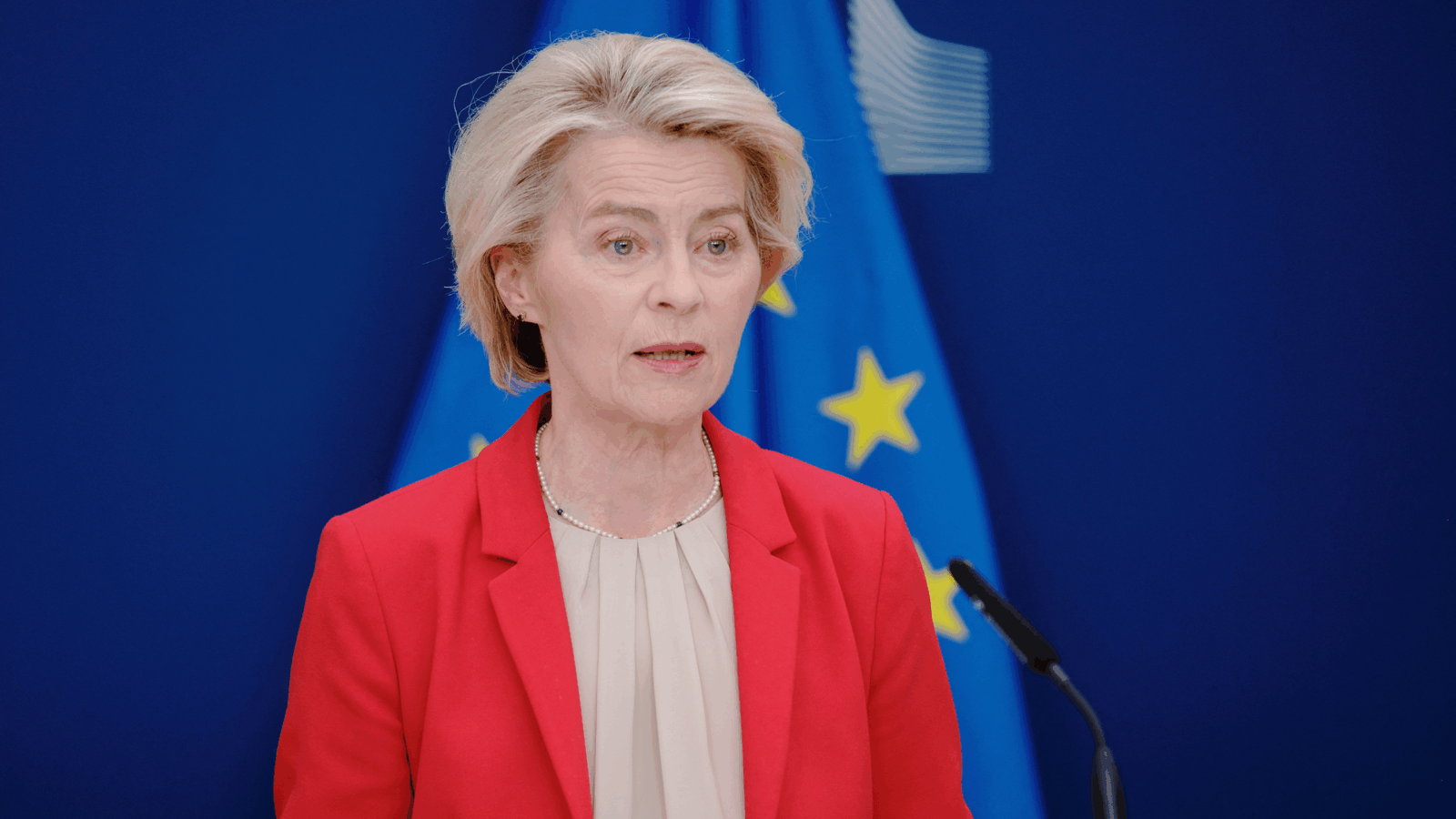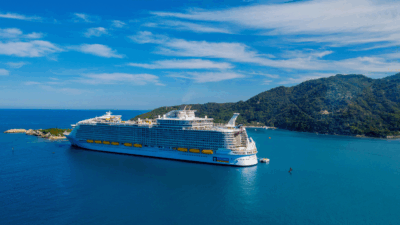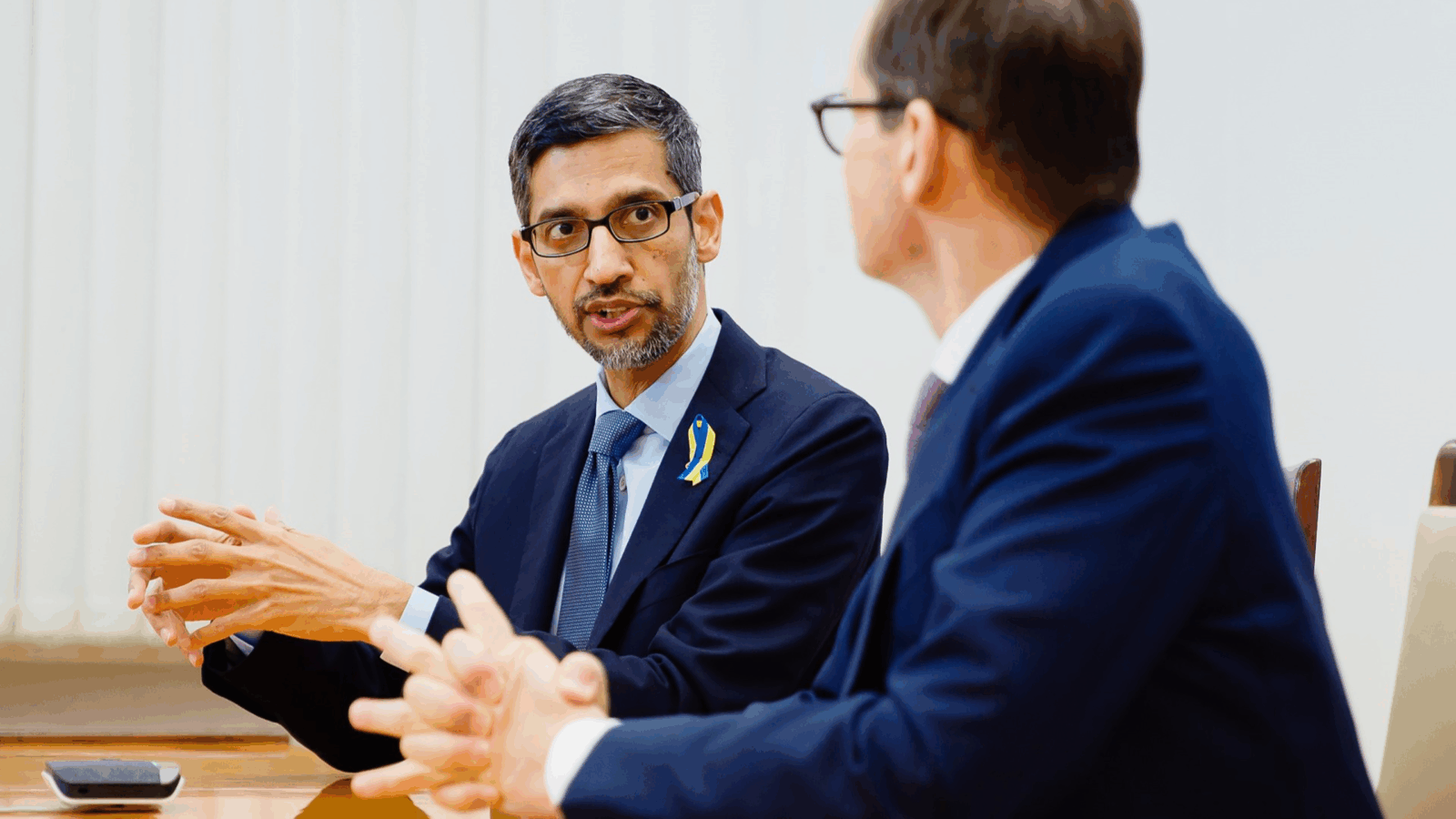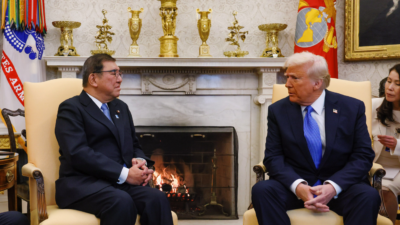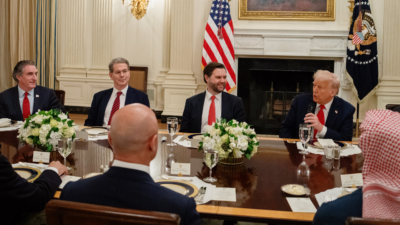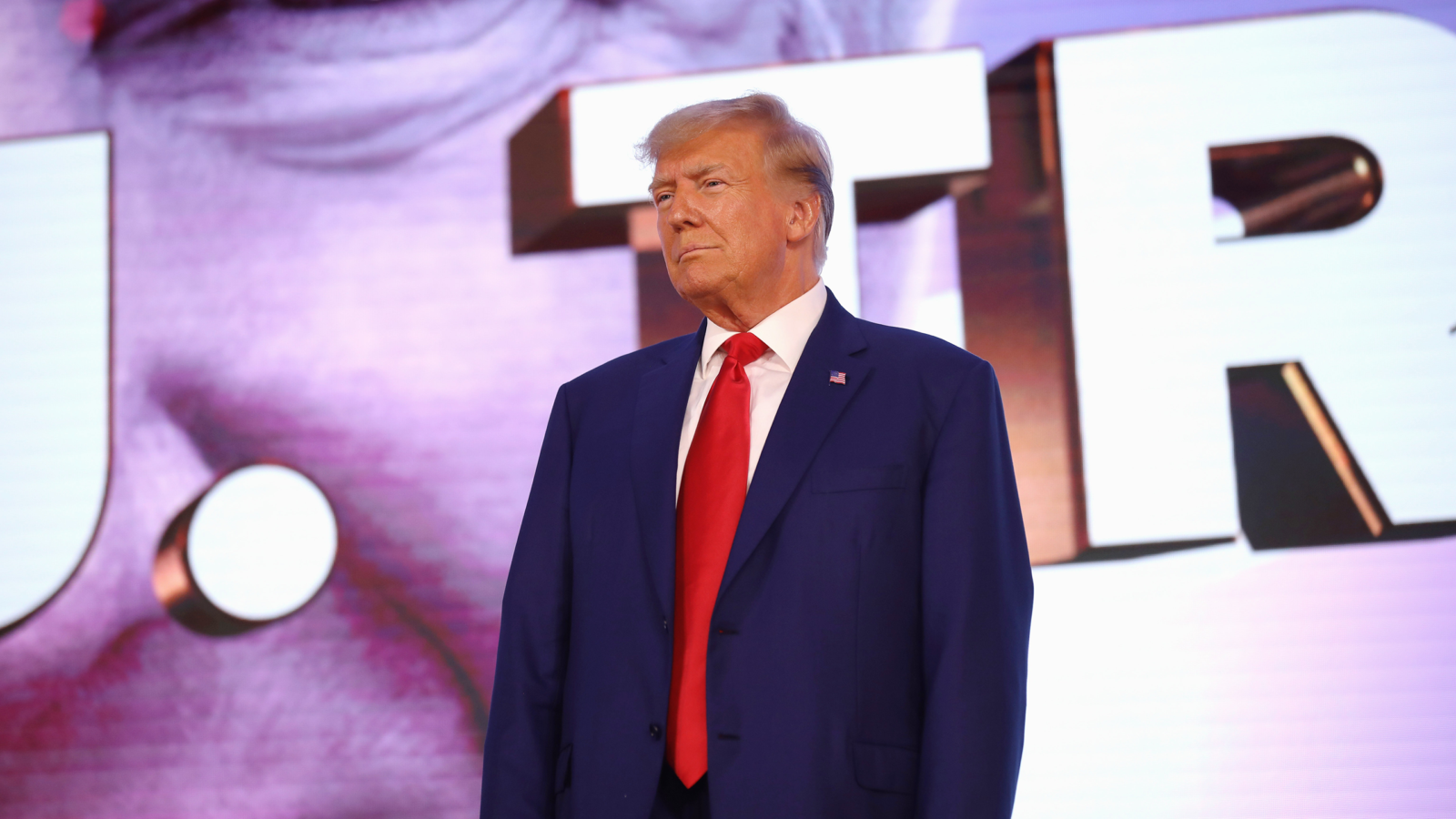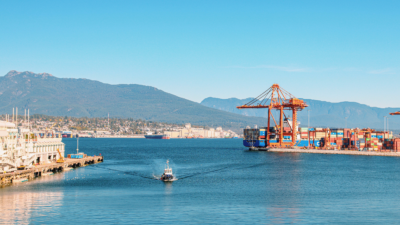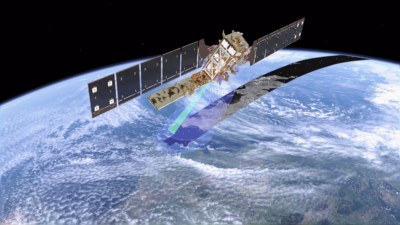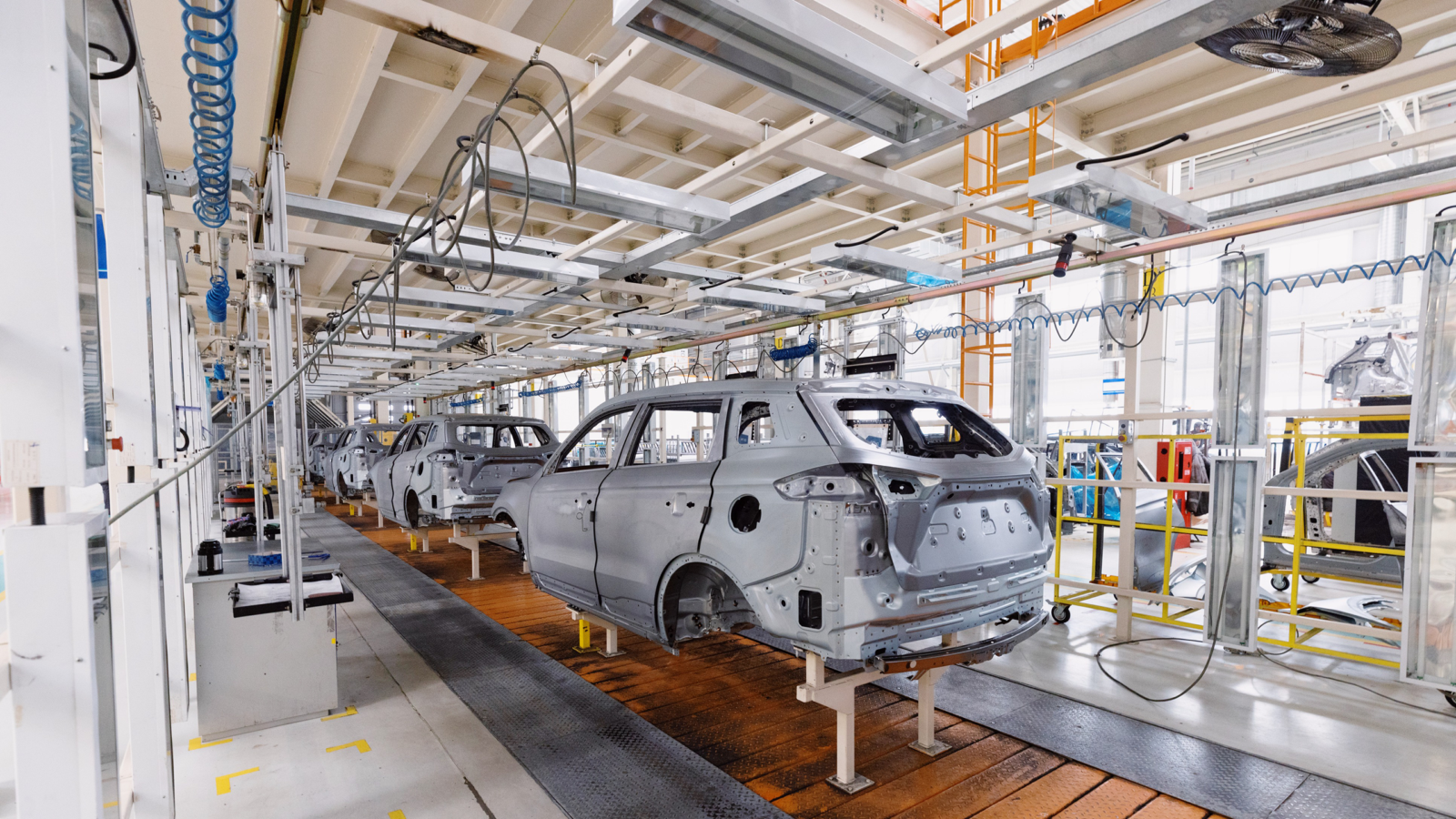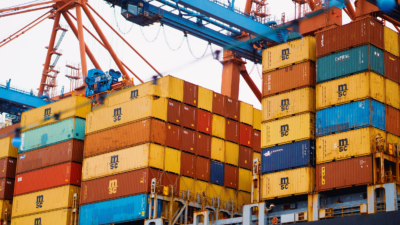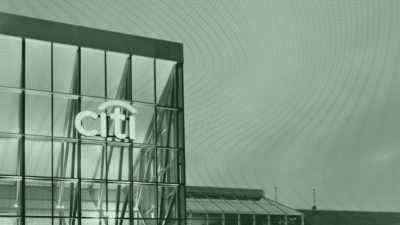European Union
-
Europe Delays Stricter Banking Rules to Keep ‘Level Playing Field’ With US Rivals

Ursula von der Leyen, President of the European Commission. Photo via Abaca Press/Monasse Thierry/ANDBZ/Abaca/Sipa USA/Newscom
Get More Than News. Get Insights.
Our daily email brings you smart and engaging news and analysis on the biggest stories in business and finance. For free.
-
DOJ Pressures Google to Adopt ‘Sharing is Caring’ Data Ethos

Photo by Gov.pl via CC BY 3.0 PL
